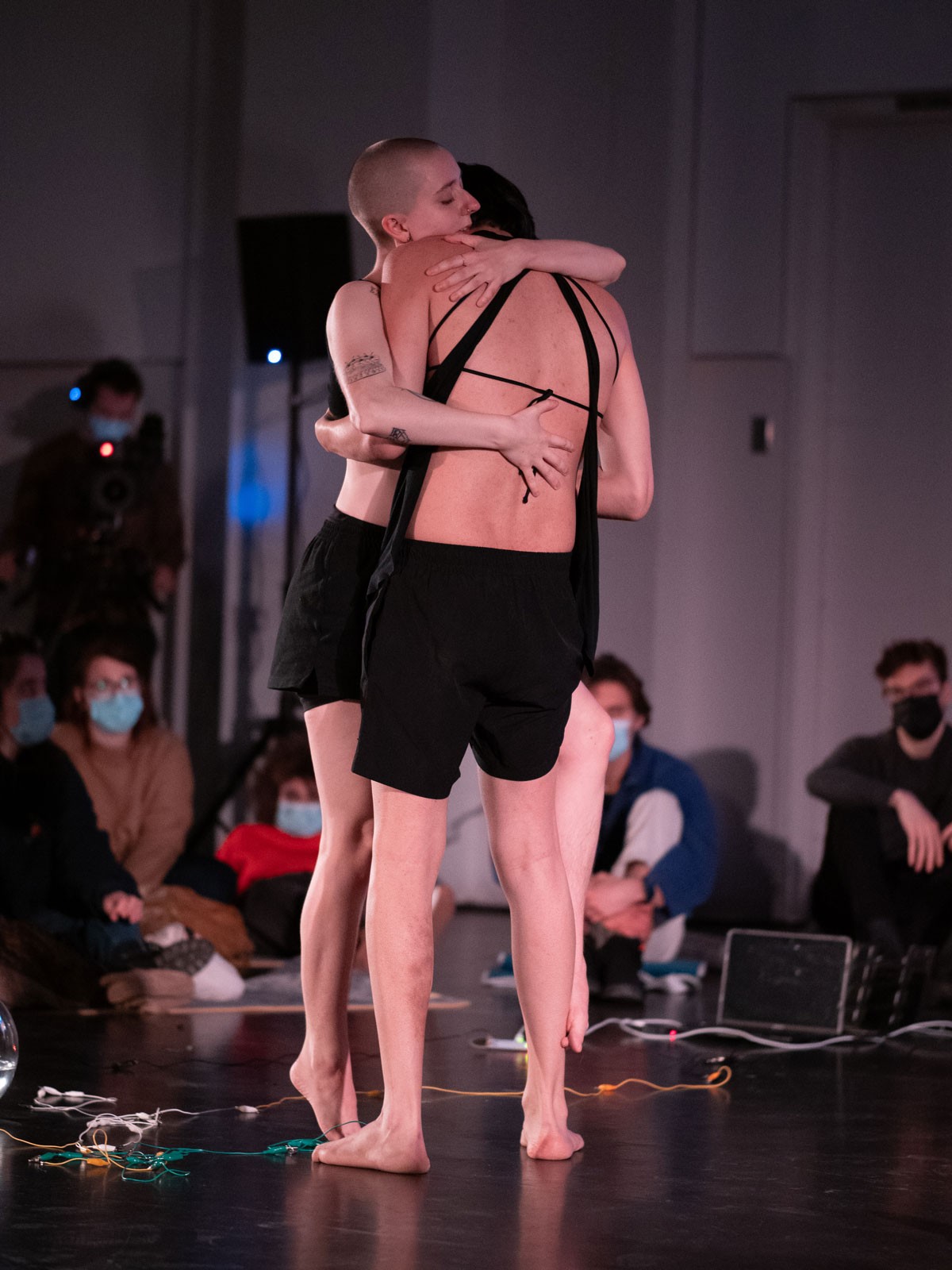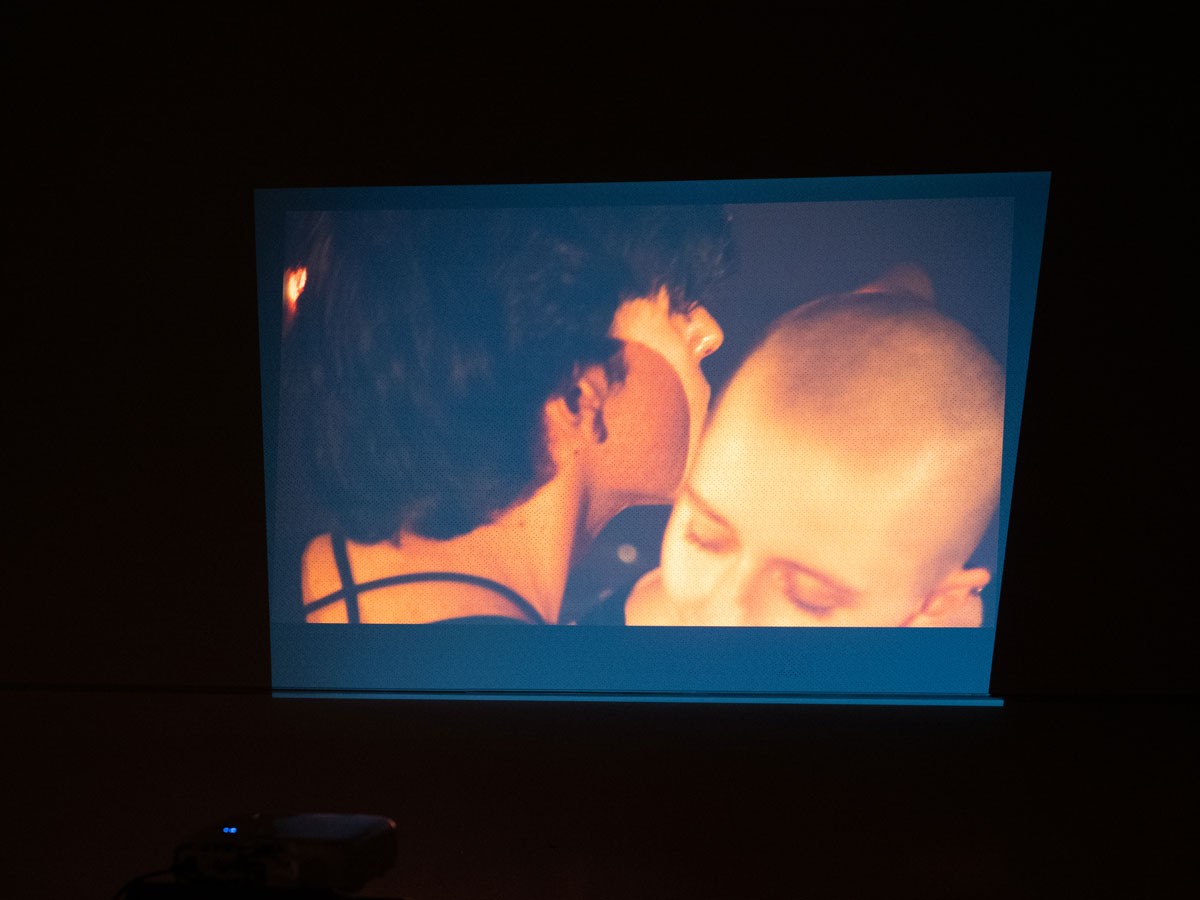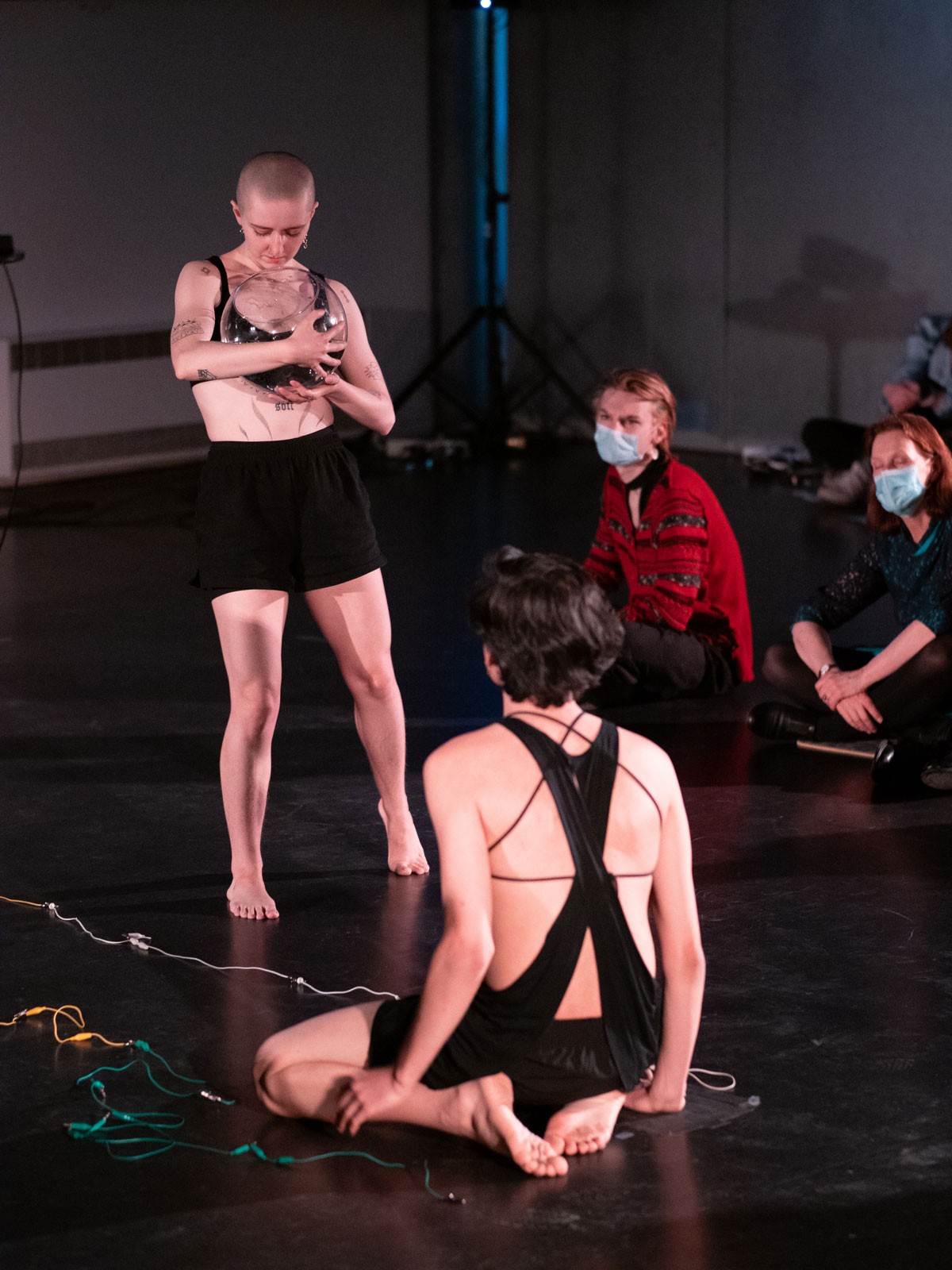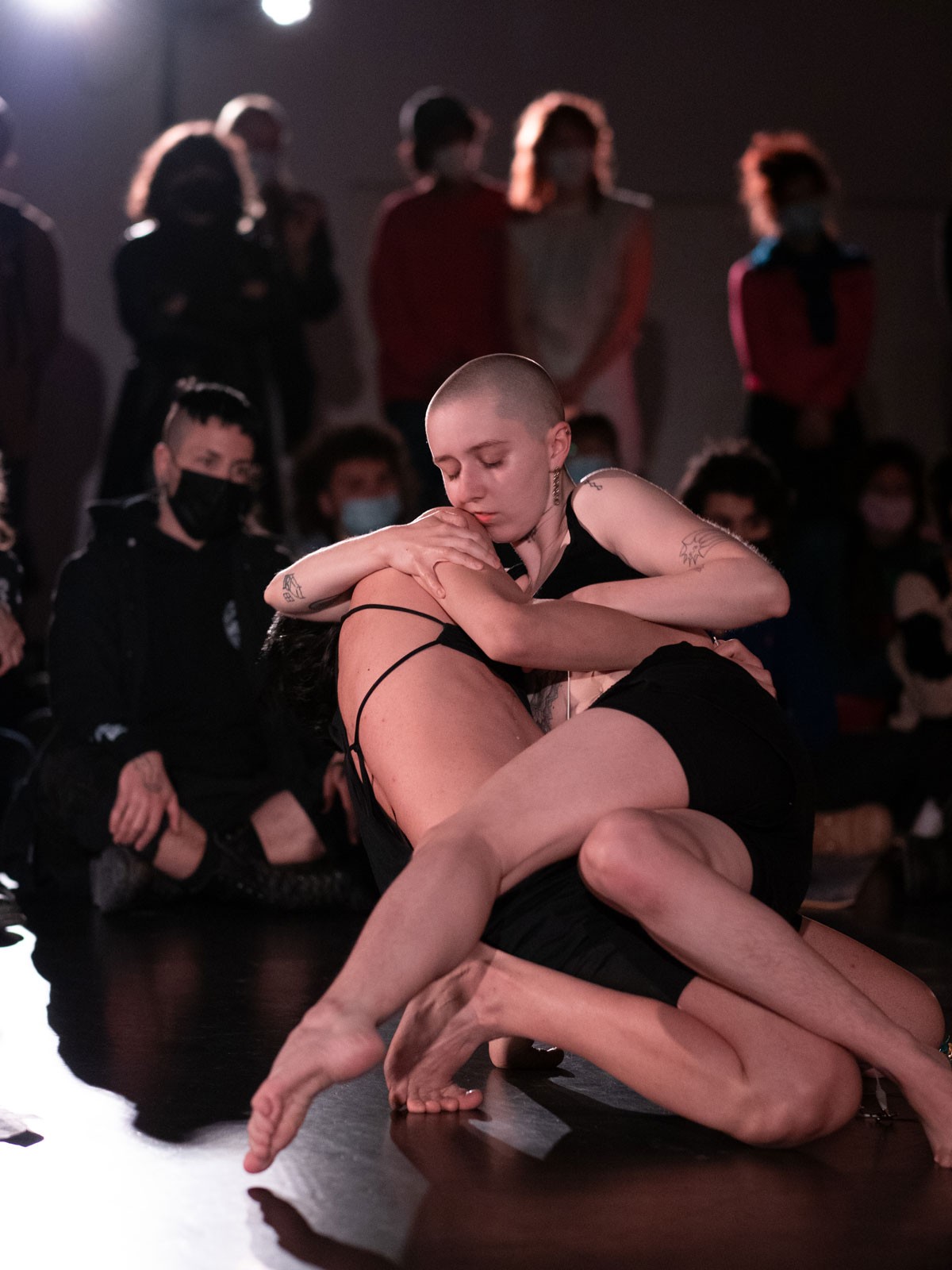Jad Orphée Chami (he/him)
is a Lebanese-Canadian artist-researcher, composer and performer born in Beirut and living in Montreal. He notably composed the original music for the feature film Antigone by Sophie Deraspe, which represented Canada at the 92nd Academy Awards. He was nominated at the age of 21 for the Iris prize for best original music at the 22nd Gala Québec Cinéma, notably alongside Jean-Michel Blais and Howard Shore. After having provided the soundtracks for more than fifteen short films and three web series, he composed his second film score in 2023 in collaboration with director Eli Jean Tahchi for the documentary Dorchester: In the Midst of the Fray, produced by Jonah Mallak (Nemesis Films).
In addition to his music work for the image, he composes and designs works for the contemporary scene, notably for the École de Danse Contemporaine de Montréal and for the Acts of Listening Lab in collaboration with the Center for Restorative Justice. He explores through research-creation the dialogue between music and oral history. In 2022, he is part of a trio of artists commissioned by the MAI for the realization of the work Justement (en)raciner on the theme of Justice, among others alongside Kimura Byol-Lemoine, Angelina Guo and Moe Clark. The same year, he presented with Noël Vézina the performance How to say ‘longing’, mixing dance-theatre, music and new technologies, at the RIPA performance evening. The testimonies of the disappeared from Lebanon are central to his approach. He is affiliated with the Centre for Oral History and Digital Storytelling and is developing his oral history performance Rhapsody for the disappeared.
He is also interested in contemporary issues of art and presents conferences on themes such as the question of the author, the ethics of research-creation and gender and sexuality in music history.


 Photographer: Ilayda Welschinger
Photographer: Ilayda Welschinger
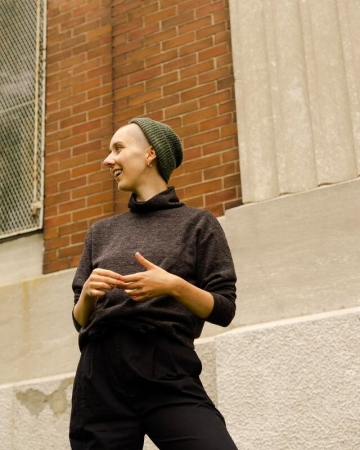 Photographer: Jules Nerestant
Photographer: Jules Nerestant

